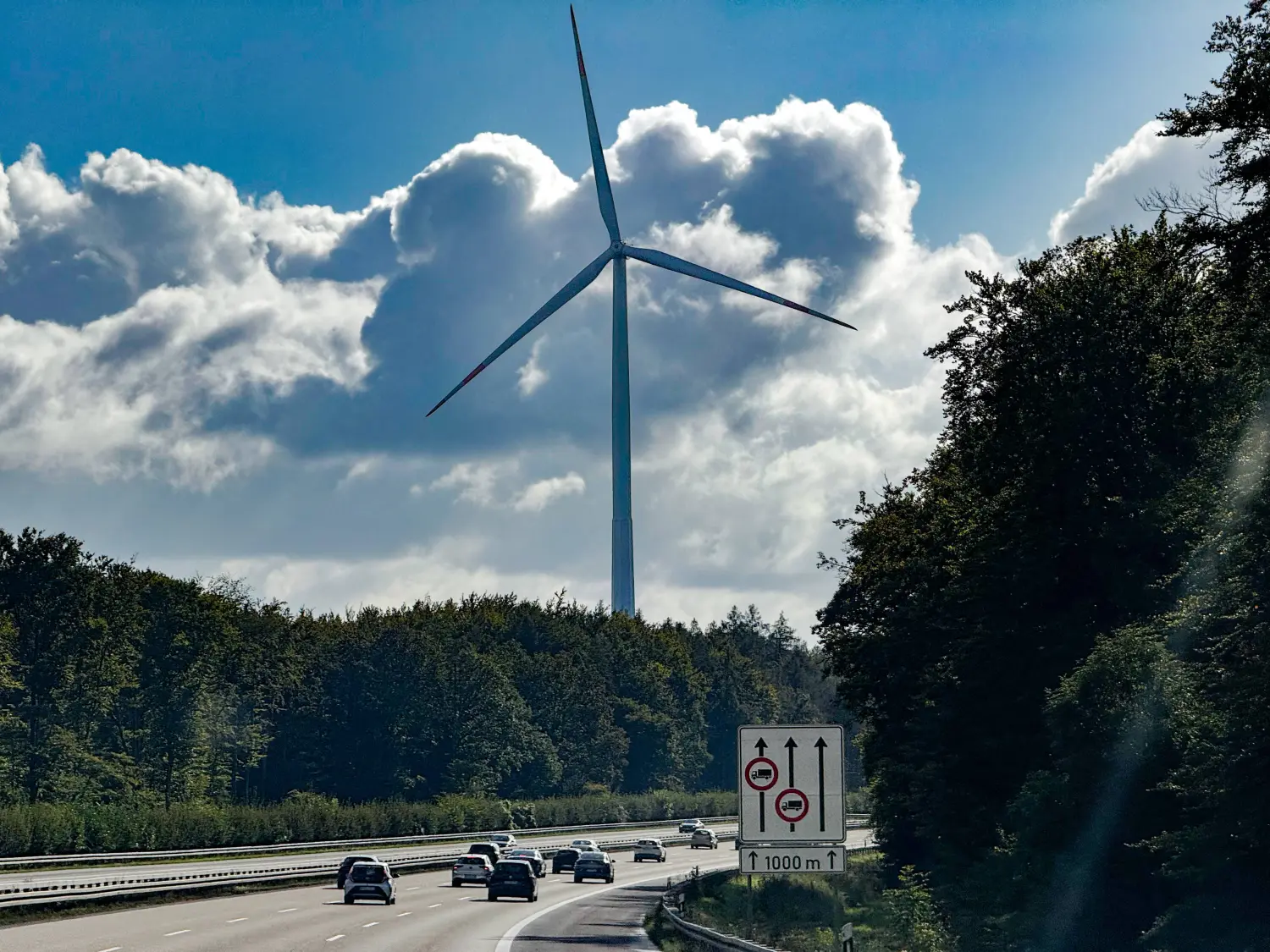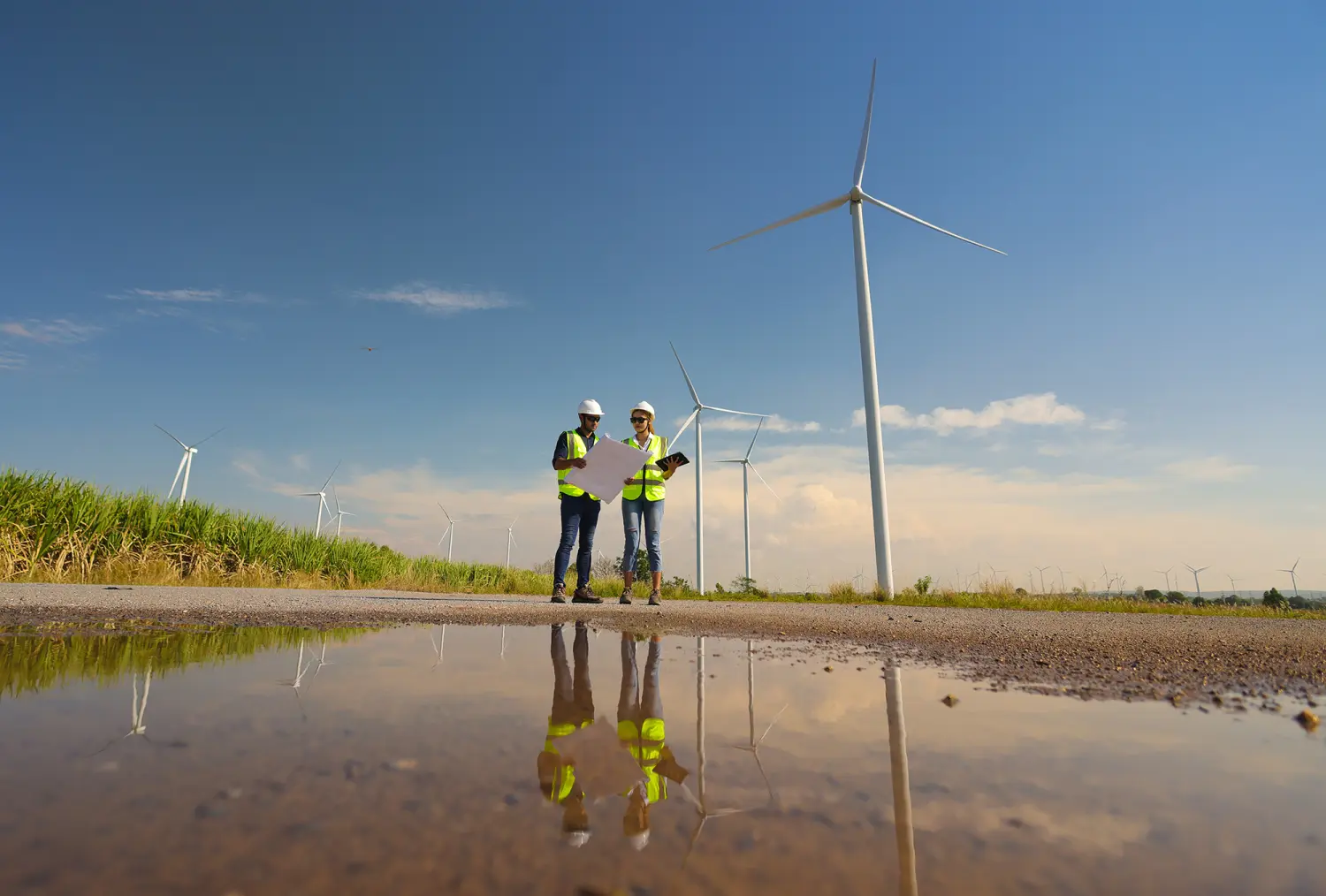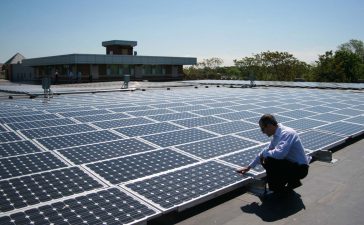Energy is the lifeblood of modern economies. From powering homes and industries to enabling digital innovation, energy systems are inseparable from business growth and social progress. Yet, the global energy landscape is undergoing a seismic shift. Climate change concerns, technological innovations, and shifting consumer expectations are forcing businesses and governments to rethink how energy is produced, consumed, and managed.
This transformation—often called the energy transition—is not just an environmental imperative but also a massive business opportunity. Companies that adapt to renewable sources, embrace efficiency, and innovate in sustainable practices will define the economic future. Those that fail to evolve risk being left behind.
The Global Push Toward Renewable Energy
One of the most significant forces reshaping the energy-business nexus is the rise of renewable power. Solar, wind, hydro, and geothermal energy are no longer fringe options—they are mainstream, cost-competitive alternatives to fossil fuels.
According to international energy reports, the cost of solar power has fallen by more than 80% in the last decade, while wind energy prices have dropped by nearly 50%. For businesses, this shift means that clean energy is not only environmentally sound but also financially attractive. Major corporations such as Apple, Google, and Amazon are investing heavily in renewable projects, aiming for 100% clean energy in their operations.
This momentum extends beyond tech giants. Manufacturers, retailers, and service industries are increasingly sourcing renewable power, both to reduce costs and to appeal to environmentally conscious consumers. The trend signals a future where green credentials are not optional but essential for competitiveness.
Energy Efficiency as a Business Strategy
While renewable energy garners headlines, efficiency is often the unsung hero of the energy transition. Businesses are realizing that cutting waste is as impactful as sourcing clean power. Energy-efficient buildings, smart grids, and advanced manufacturing technologies reduce costs, enhance productivity, and lower carbon footprints simultaneously.
The commercial real estate sector is a prime example. Green-certified buildings attract higher rents, lower operating expenses, and improve tenant satisfaction. Similarly, in industries such as automotive and logistics, optimizing fuel use through smart technologies not only reduces emissions but also boosts profit margins.
Energy efficiency also strengthens resilience. With volatile energy markets and supply disruptions, businesses that consume less energy are better positioned to weather uncertainty. Efficiency is no longer just a cost-saving measure—it is a competitive differentiator.

The Role of Innovation in Energy Business Models
The intersection of energy and business is increasingly shaped by innovation. New business models are emerging that redefine how energy is produced, shared, and consumed.
-
Decentralized Energy Production: Instead of relying solely on massive power plants, businesses and communities are investing in localized solutions such as rooftop solar panels and microgrids. These systems not only reduce reliance on traditional utilities but also enhance energy security.
-
Energy-as-a-Service (EaaS): Rather than purchasing energy infrastructure, companies are turning to service-based models where they pay only for energy consumed. Providers manage installation, maintenance, and optimization, making sustainable energy more accessible.
-
Blockchain and Digital Energy Platforms: Technologies like blockchain are enabling peer-to-peer energy trading, where businesses and households can sell excess renewable energy directly to others. Such innovations democratize energy access and create new revenue streams.
-
Battery Storage and Electric Vehicles (EVs): Advances in storage technology and EV adoption are blurring the lines between energy and mobility. Businesses investing in charging infrastructure or fleet electrification are positioning themselves at the forefront of a rapidly growing market.
Innovation is not limited to startups—traditional energy companies are also reinventing themselves. Oil and gas majors are investing in renewables, hydrogen, and carbon capture technologies, aiming to remain relevant in a carbon-constrained world.
The Business Risks of Ignoring the Energy Transition
While the green energy transition presents opportunities, it also poses risks for companies that fail to act. Increasingly, investors, regulators, and consumers are scrutinizing corporate sustainability performance.
-
Regulatory Pressure: Governments worldwide are implementing stricter emissions standards, carbon taxes, and reporting requirements. Non-compliant businesses face legal and financial penalties.
-
Investor Expectations: ESG (Environmental, Social, and Governance) criteria are now central to investment decisions. Companies with poor sustainability records may lose access to capital.
-
Consumer Demand: Modern consumers favor brands that align with their values. Businesses perceived as environmentally irresponsible risk reputational damage and declining sales.
-
Operational Risks: Dependence on fossil fuels exposes businesses to volatile energy markets and supply disruptions, as seen during geopolitical conflicts or global price spikes.
Ignoring these risks is not just environmentally negligent—it is economically unsustainable.
The Economic Impact of Green Energy Investments
Transitioning to renewable energy and sustainable practices requires upfront investment. However, evidence increasingly shows that these investments generate long-term economic gains.
For example, renewable energy projects create more jobs per dollar spent compared to fossil fuel projects. Solar panel installation, wind turbine manufacturing, and energy efficiency retrofitting all generate employment across diverse skill levels.
Moreover, businesses that invest in sustainable energy often enjoy enhanced brand value, improved operational resilience, and reduced exposure to regulatory changes. The global green economy—covering renewables, energy storage, efficiency, and clean mobility—is projected to reach trillions of dollars in value within the next decade.
Far from being a burden, sustainability is proving to be one of the most profitable long-term strategies for businesses.
The Role of Collaboration Between Business and Government
No business can navigate the energy transition alone. Governments play a crucial role in setting frameworks that encourage sustainable practices while ensuring economic growth. Subsidies for renewables, incentives for efficiency, and investments in infrastructure such as smart grids and charging stations are essential enablers.
At the same time, businesses must go beyond compliance to become proactive partners in shaping policy. Industry coalitions, public-private partnerships, and global initiatives such as the UN Sustainable Development Goals provide platforms for collective action.
Collaboration is particularly vital in developing countries, where energy access remains limited. Businesses investing in decentralized renewable solutions can help bridge the energy gap, empowering communities while unlocking new markets.
Looking Ahead: The Energy-Business Nexus of the Future
As the world accelerates toward net-zero emissions, the relationship between business and energy will only deepen. Future trends include:
-
Hydrogen Economy: Hydrogen, especially green hydrogen produced from renewables, is emerging as a potential game-changer for industries that are hard to decarbonize.
-
Circular Economy Integration: Businesses will increasingly adopt circular models, where energy systems are integrated with waste management, recycling, and resource efficiency.
-
Artificial Intelligence and IoT: Smarter energy management through predictive analytics, machine learning, and connected devices will optimize both consumption and production.
-
Global Competition for Green Leadership: Countries and companies that lead in clean energy innovation will gain significant geopolitical and economic influence.
The energy transition is not a temporary trend—it is the defining business transformation of the 21st century.

Conclusion: Business at the Heart of the Energy Transition
Energy and business are inseparable, and the global shift toward clean, sustainable energy represents both a challenge and an opportunity. Businesses that embrace renewable power, prioritize efficiency, and innovate in new models will not only survive but thrive in the coming decades.
The transition requires courage, investment, and collaboration. Yet, it offers unprecedented rewards: reduced costs, stronger resilience, and enhanced brand value. Most importantly, it aligns profit with purpose, ensuring that business growth contributes to a sustainable, equitable future.
In this transformative era, businesses are not passive participants—they are key drivers of the energy revolution. The choices made today will shape not only economic competitiveness but also the very future of our planet.





